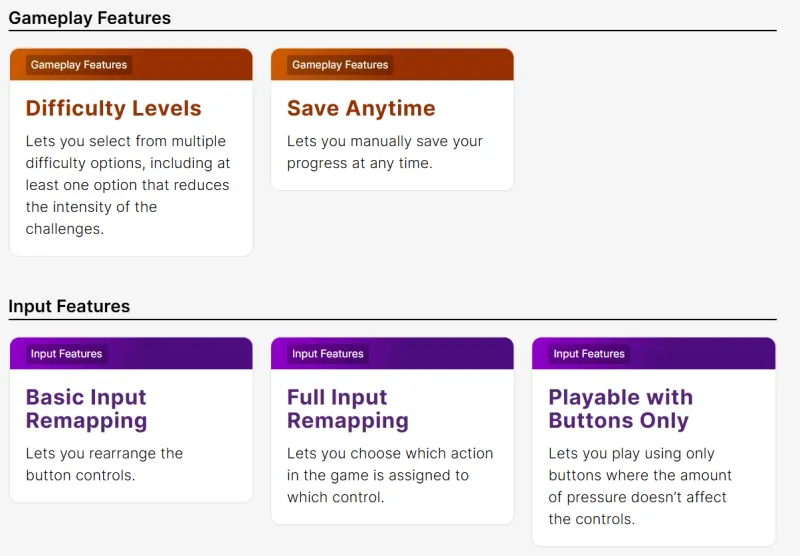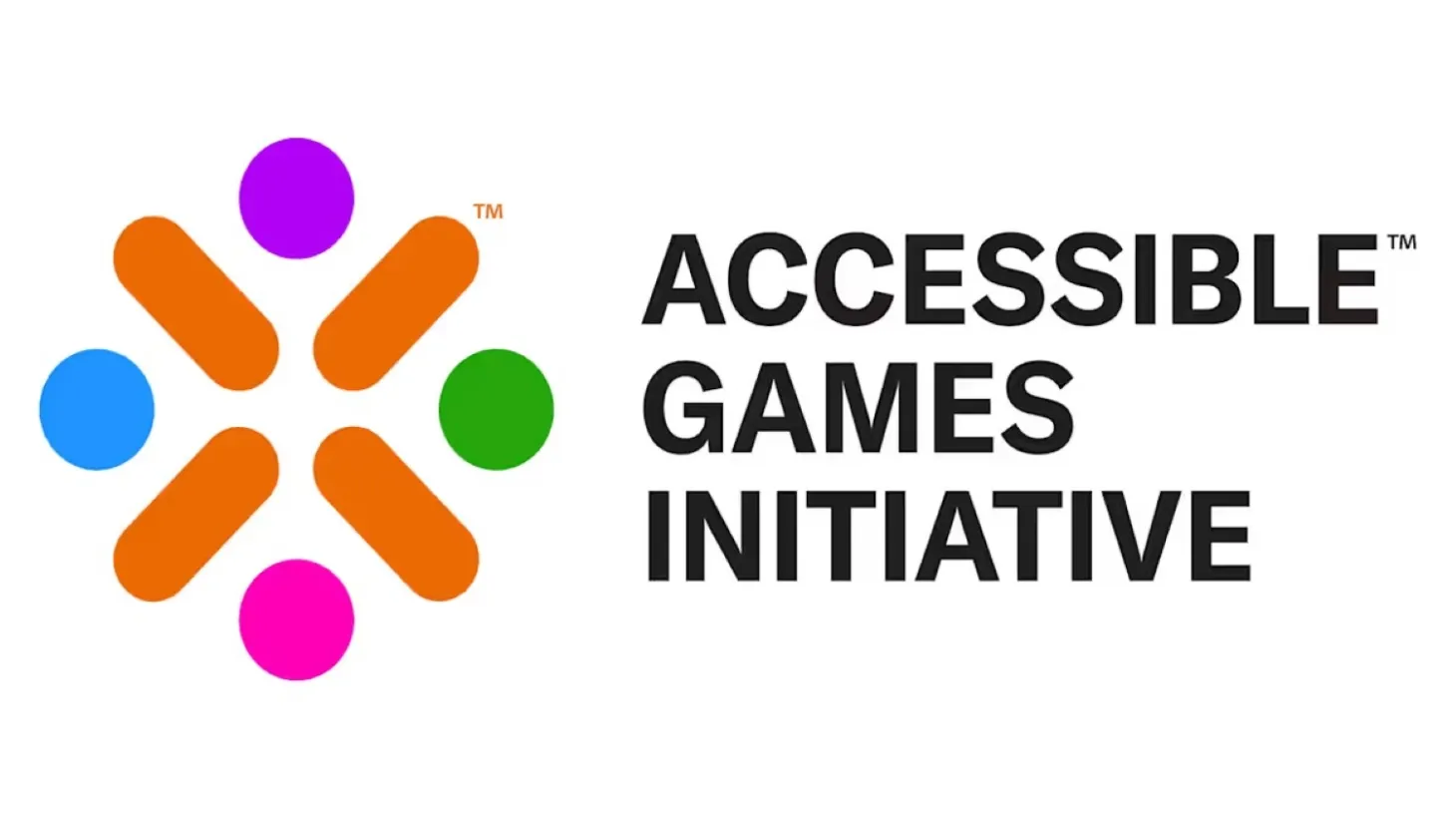


Accessibility in video games has made great strides in recent years, especially among big-budget studios. It's not uncommon to boot up the latest AAA experience to a series of accessibility options before even seeing a title screen, allowing players to customize the settings to best suit their needs. That said, this feature is far from universal, and since settings vary wildly between games, it's hard for some gamers to know whether they'll be able to play a game at all. The Accessible Games Initiative, announced last week at the Game Developers Conference (GDC), seeks to help players make more informed buying decisions.
The Entertainment Software Association (ESA), the trade association best known for hosting E3, proposed the idea of including accessibility tags for consumers to use when buying new games. These tags would specify accessibility features in the game, whether they're visual features like color alternatives, input features like the ability to turn off button mashing, or simple gameplay features, like the ability to save any time. The full list currently includes 24 tags, which were "guidance and feedback sourced from players with disabilities, accessibility advocacy groups, and development teams," according to the GDC blog announcement.

These tags would appear on "digital storefronts, product pages, and digital catalogs," so consumers buying games online would be able to see all the accessibility options before making a purchase. There's no mention of tags in physical locations, however, and given recent trends showing gamers' preference for digital games, it's unclear if there's enough incentive to add tags to the aisles of a store or the back of a game's box.
The announcement was made with representatives from Electronic Arts, Google, Microsoft, Nintendo of America, and Ubisoft present. Sony, Amazon, Riot, Square Enix, and WB Games have also agreed to participate in the initiative. It is unclear when the tags will be added to storefronts, but the announcement suggests it will happen soon. The use of tags is also "voluntary but highly encouraged," so while many companies are agreeing to use them, it remains to be seen how widespread the tags will actually become.
For more GDC, check out the list of winners from the conference's annual awards show or learn about the first game industry-wide union.

Explore your favorite games in premium print format, delivered to your door.